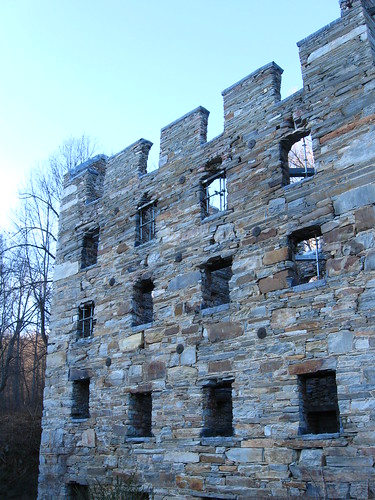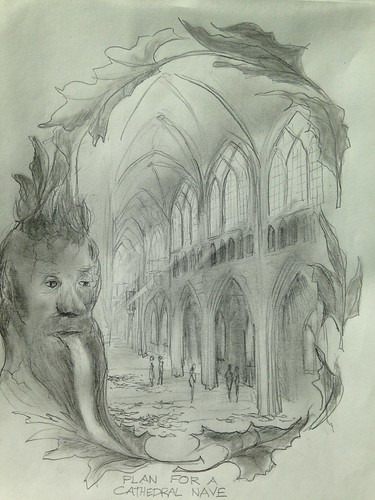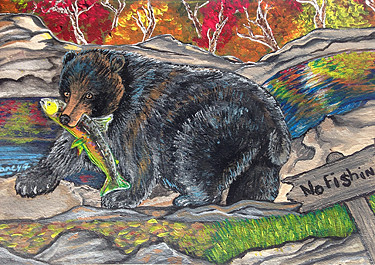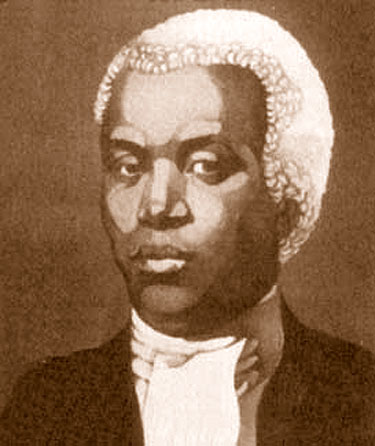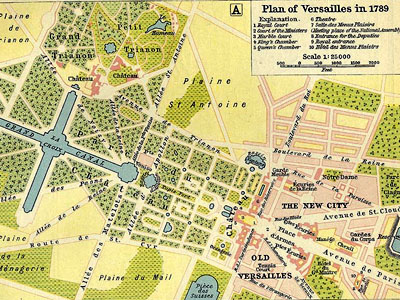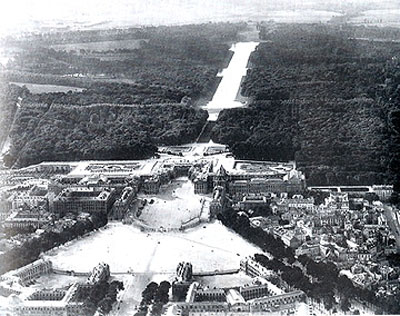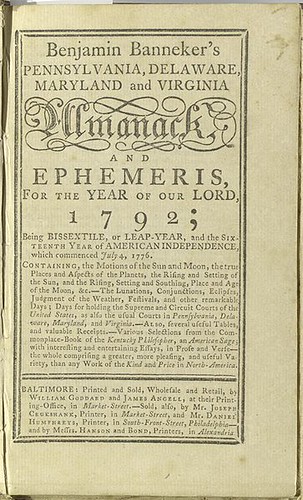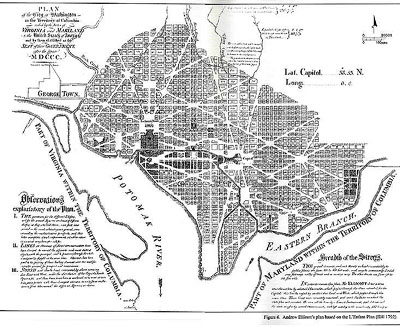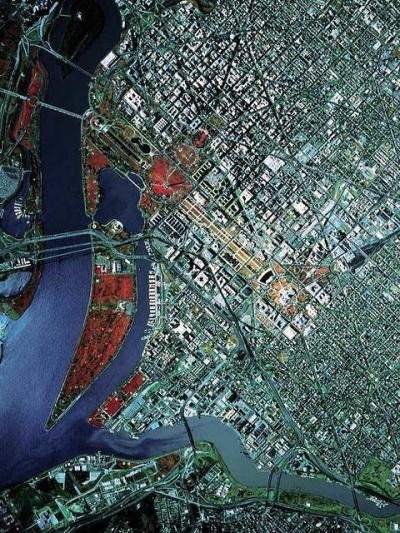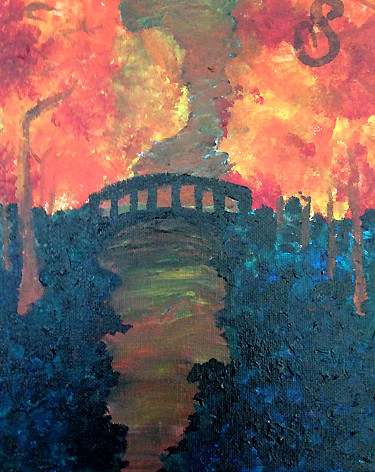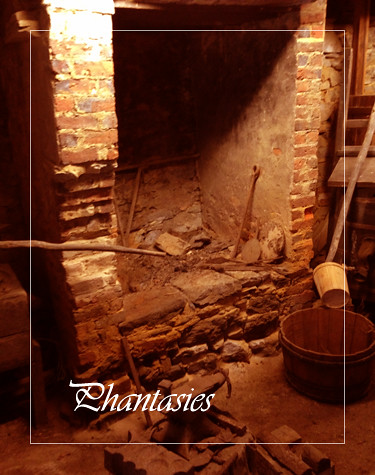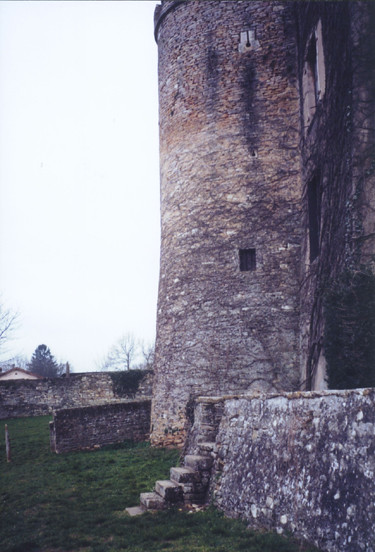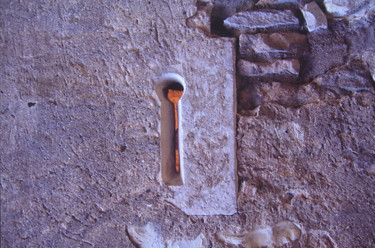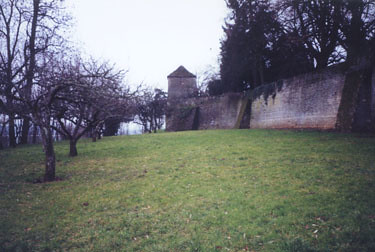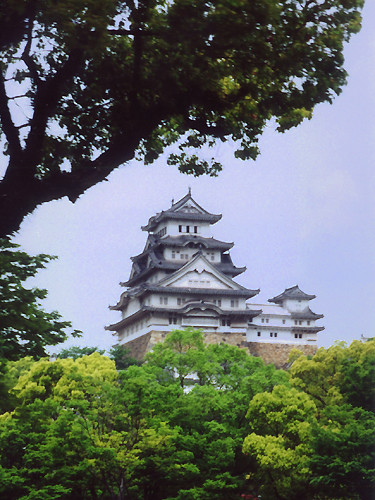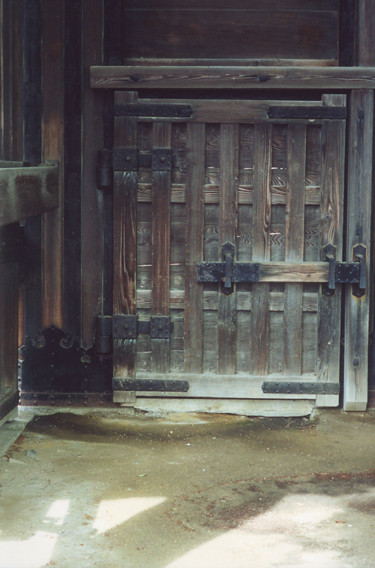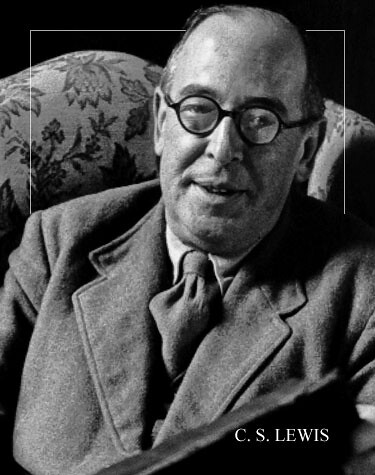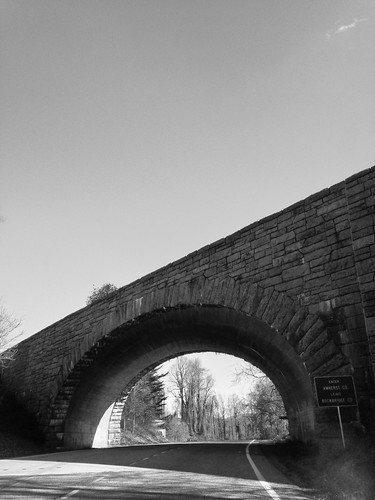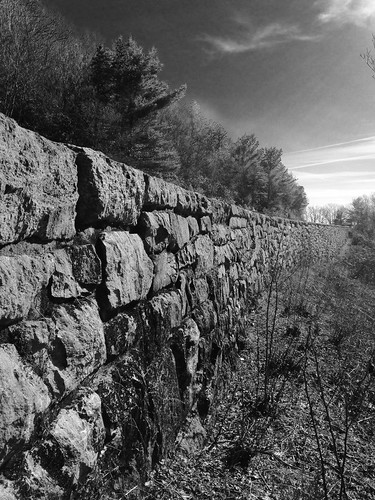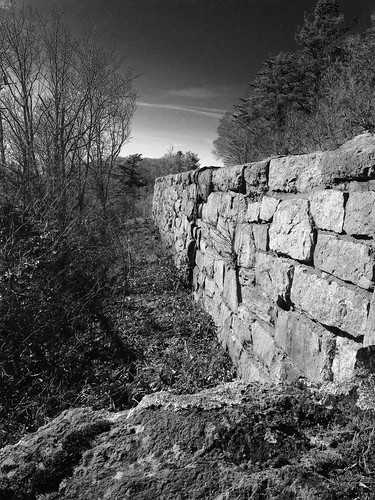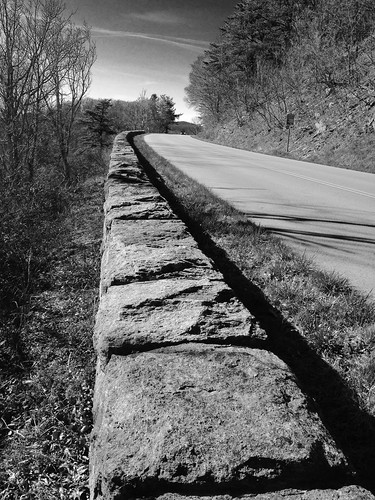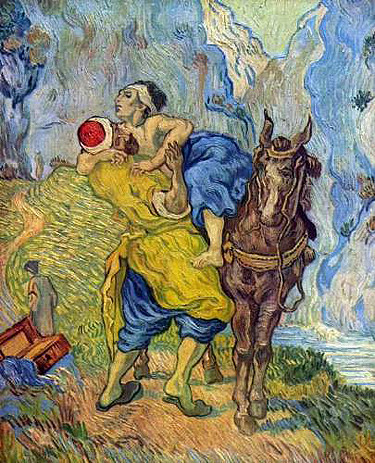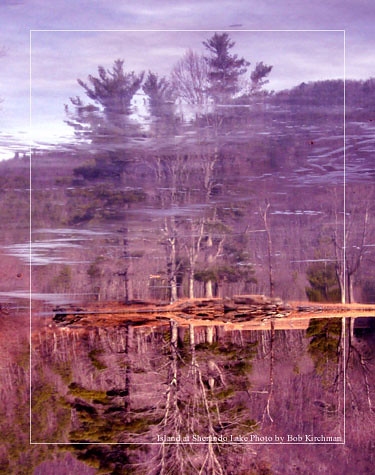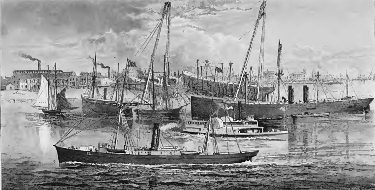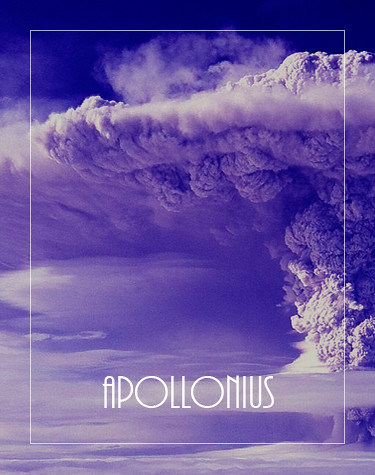
Volume XIV, Issue XII
Apollonius
By Bob Kirchman
Copyright © 2019, The Kirchman Studio, all rights reserved
Chapter 12: Failure to Launch
A warning light and buzzer sounded ominously on the bridge of Great Northern. The warning was from sensors installed as a part of the Iron Dome defense system for SS/AC006 but though the sensors indeed detected and were tracking a launch of a missile who’s trajectory would lead it to Great Northern and though ‘Katherine,’ the computer was plotting an intercept course, there was no Iron dome countermeasure in place. That was part of the agreement for space colonization. The ship was to carry no weapons. But scanners detected a warhead on top of what was supposed to be a signal rocket for use in distress… and the sensors said it was headed right for them! “How could that be?” Wondered Captain Ben-Gurion, as he watched the unusual event unfolding before him. “Evasive maneuvers!” he crisply ordered but the big ship had such a slow response rate to controls he knew that was likely futile. Still, his instincts moved him rapidly as he sought to defend his ship. Changing orbit and velocity he winced as ‘Katherine’ confirmed that the missile was adjusting trajectory to intercept them. “Trapped!” He thought to himself. Apollonius had likely pulled some sleight of hand during loading and this was the result! He could destroy the ship but he still had the landing craft… each of which had a range that could bring it to Earth! “So, what could he gain by destroying Great Northern?” the captain wondered… “Only the ability to bargain with Earth! He likely had more than one warhead and the landing craft could be employed to use them to threaten Earth.”
Ben-Gurion did not have time to engage in any deep emotion, however. Even as he continued to attempt evasive maneuvers, he knew he had twenty minutes at best.
The rocket was visible now, having cleared the launch area at the colony and ascended above the settlement. Then, a most remarkable thing happened. The rocket sputtered and began to succumb to gravity, spiraling back to the red planet and picking up momentum as it fell. It had only risen enough for ‘Katherine’ to track its trajectory but now it fell wildly to the Martian surface. There was a flash of light as the warhead exploded. It appeared to have dropped back almost on top of the colony having lost power and control functions all at once. A vast cloud of dust rose from the Martian surface as Ben-Gurion tried to raise a colony frequency. Nothing! The Great Northern rapidly orbited out of direct line with the colony and there was a long silence before they came in range and Ben Gurion began calling again.
On the surface of Mars, about a half-hour before, #437 and #787 suspected something was happening as they monitored the return craft bays and launch stations. They were supposed to have left duty an hour prior to this time but the two were among the more conscientious members of the team and noticed some calibration issues that they wanted to go ahead and fix if they could. They entered the bunker that contained the trajectory computers and began noting the readings of the various monitoring devices that oversaw the general health of Mars Colony launch systems.“Why is the distress signal being launched?” #437 asked his colleague. #787 replied that she did not know. They stepped quickly to a screen and saw the trajectory information they were not supposed to have noticed. “That shouldn’t be,” said #787. “Likely an error but it’s going to hit the Great Northern! Abort Procedures NOW!!!” And so the two launch operations personnel found themselves inside a shielded bunker running a shutdown sequence on the ascending rocket. The rocket’s engine sputtered. “It should drop slightly clear from the colony. I hate to lose the signal capacity but we had to take it down.”
The rocket sputtered and fell initiating an automatic retro/return to pad sequence that #437 and #439 had neglected to override. They dismissed this, momentarily thankful that they might save the rocket. #437 and #787 felt the dull thud of touchdown, as expected, but were totally surprised by the loud explosion that followed. In the bunker they could not see the bright flash of light, but the ceiling crumbled above them, pelting the two technicians with debris. They fell to the floor among the rubble as the entire room went dark. Power was totally gone. In the darkness, Josiah called out to Allison (for those were the Christian names of #437 and #787). He heard her groan and everything went black.
(to be continued)
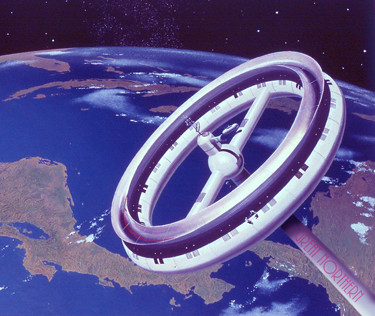
Education's Misplaced Priorities
By Kasey Norton
From Walking Redeemed [click to read]
Is it possible we’re educating our children right OUT of salvation?
It’s a scary and extremely counter-cultural thought but I believe there’s something to it. And if there’s any chance that even a grain of truth lies within that question, it’s something we’d better look at long and hard.
Because society over the past 200 years has evolved where we now worship at the altar of education. We serve the gods that feed us with information, curriculum, diplomas and degrees.
Which, in turn, causes us to remain bowed down before gods that feed us money.
More money.
All the money.
We stress education so much that our children grow up thinking it’s the link to true success. And that, my friends, is a lie that may just hinge them to a life of ruin.
Because success is NOT any worldly attainment. A man in a big house with a fancy car is NOT more successful than a man in a small house with a clunker. Not if the man in the small house knows and serves Jesus while the man in the big house doesn’t.
Society lies. Our culture lies. The devil lies. And we, innocently or not, perpetuate those lies.
If we push our children to read by 3, and speak multiple languages, and write poetry as poetically as Longfellow, but they don’t have the love of God that seeps into their being and transforms them from the inside out, they literally have nothing. Our work is in vain.
If we train them, through hours of repetition, to calculate with the speed and efficiency of a computer, or to solve complicated problems using high order algebraic function, but they don’t know the love of God that saves them from themselves, they have nothing to share with others. Their lives will be lived in vain.
If we spend hours and weeks and years filling the minds of our children with historical facts, and geographical landmarks, and the periodic table of elements, they’ll be very smart in many ways. If we serve them up a side of church and religion and we talk occasionally of faith and prayer, they’ll even have a bit of head knowledge about God. But if we haven’t CONNECTED them to God and shown them His character and taught them of His sacrifice and pointed them to His victory on OUR behalf, we’ve given them nothing.
We’ll have raised brilliant infidels who may even change the world ... they just won’t be changing it for Jesus.
Education isn’t what we’ve made it. Or more accurately, we’ve corrupted education until it’s been depleted of much of its value. Because we’re educating our children to assume their rightful place in a society of dream seekers and money makers.
But very few are educating these children to be God chasers.
I, myself, have done it wrong. I’ve not taken my lessons from the schools of the prophets and, as such, I’ve allowed the world to paint my view without even realizing it. And I see the world tugging HARD on the hearts of my young people.
And let me tell you, it’s very difficult to convince a person of something with your words when your actions have told them otherwise.
God is the author of redemption, however. He points out our mistakes so we can repent of them. He shows us a better way so we can tell others of it. And He promises to do all He can, within the parameters of the human will, to restore what the locusts have eaten.
If you’ve done it wrong and this culture has snagged your beloved children and is holding them within its grip, all is not lost. Repent of your wrong course and accept the forgiveness He offers. And then go out there and love them with all the love that God loves us with because it’s His love that wins us.
It’s not a setting aside of principle or a winking at sin or a compromise of conviction that wins our kids back. It’s the sweet love of Jesus filling us to overflowing that will ultimately infect them. He handles the details and He gives us the words and actions that will be most effective in reaching them.
And if your children are still young, choose the narrow way. Focus 99% of your time on showing them the face of Christ and 1% on facts that simply help them pass tests our societal rules demand. Because if they’re looking for evidences of God in nature, and storing up the treasure of Scripture in their memories, and studying the history of the great gospel commission and how it’s transformed hearts and saved lives, and learning how to spend the money they have to reach souls with the good news that so few truly grasp, you will be transferring the absolute and very best education possible to your precious children.
And God will add to them knowledge and understanding and wisdom according as they need it.
True education is miraculous and it’s also what’s going to set this world on fire when people grab ahold of it.
I’m picking up my torch, even if it’s not trendy. And I plan to get to work lighting theirs!
Reinventing Yourself
[click to read]
By John Rampton
Just because everything in your life is running smoothly right now doesn’t mean that that’s going to last. (read more)
Betsy Bell and Mary Gray
Staunton's Twin Mountains Recall Two Young Ladies

Flowers and leaves on Betsy Bell Mountain.
Memorialized in a historic ballad, Betsy and Mary were daughters of two Perthshire gentlemen who went into isolation in the country to avoid a plague. The year was 1666 and a young man who was in love with both of them came to supply them regularly with food. The man eventually came down with the plague himself, passing it along to the two girls. The young man and both girls died of the plague.
The first settlers of the area named the mountains because they reminded them of two similarly named mountains in the old country. The City of Staunton's history records the following:
The original 50-acre park was donated to the City in 1941 by Charles Catlett, who specified that "The City of Staunton shall as far as is reasonably practicable and in its considered opinion advisable, and for the common benefit of its citizens and inhabitants, keep and maintain the crest of the mountain as a perpetual memorial..." of events in the past life of the community and in memory of its citizens who have given their lives in protecting the nation.
Catlett further specified that the site be maintained in its natural state, that a "cross" cut out of the woods along the crest be maintained, and that City Council visit the crest of Betsy Bell once each Spring in remembrance of the gift. These requirements have been honored since the bequest. An additional 20 acres was acquired by the City through a donation from CSC Associates in 1995."
The two mountains are one of my favorite places to hike. They provide a wonderful bit of wilderness right in the city of Staunton.
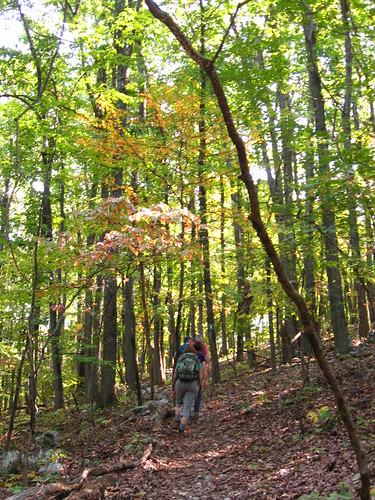
You forget that you are in the city as you walk up Mary Gray Mountain.
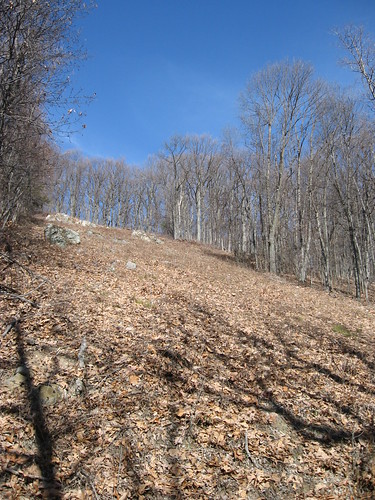
The Cross cut out of the forest on Betsy Bell Mountain. It is there as a memorial to those who have given their lives in defense of this Nation.

Looking West from Bear Den Mountain, Mary Gray and Betsy Bell show you where Staunton is.

The trail up the mountain was alive with color when I visited it in Autumn.
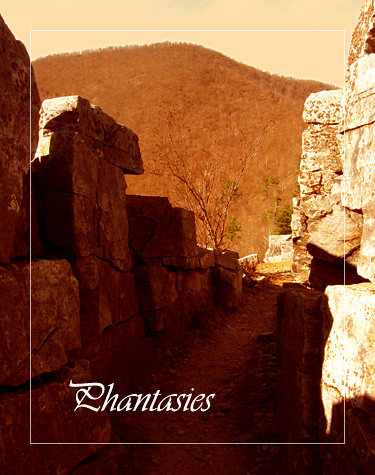
Volume XIV, Issue XIIa
Phantasies
By George MacDonald, Chapter 21
I put my life in my hands."
--The Book of Judges.
At length, with much toil and equal delight, our armour was finished. We armed each other, and tested the strength of the defence, with many blows of loving force. I was inferior in strength to both my brothers, but a little more agile than either; and upon this agility, joined to precision in hitting with the point of my weapon, I grounded my hopes of success in the ensuing combat. I likewise laboured to develop yet more the keenness of sight with which I was naturally gifted; and, from the remarks of my companions, I soon learned that my endeavours were not in vain.
The morning arrived on which we had determined to make the attempt, and succeed or perish--perhaps both. We had resolved to fight on foot; knowing that the mishap of many of the knights who had made the attempt, had resulted from the fright of their horses at the appearance of the giants; and believing with Sir Gawain, that, though mare's sons might be false to us, the earth would never prove a traitor. But most of our preparations were, in their immediate aim at least, frustrated.
We rose, that fatal morning, by daybreak. We had rested from all labour the day before, and now were fresh as the lark. We bathed in cold spring water, and dressed ourselves in clean garments, with a sense of preparation, as for a solemn festivity. When we had broken our fast, I took an old lyre, which I had found in the tower and had myself repaired, and sung for the last time the two ballads of which I have said so much already. I followed them with this, for a closing song:
Oh, well for him who breaks his dream
With the blow that ends the strife
And, waking, knows the peace that flows
Around the pain of life!
We are dead, my brothers! Our bodies clasp,
As an armour, our souls about;
This hand is the battle-axe I grasp,
And this my hammer stout.
Fear not, my brothers, for we are dead;
No noise can break our rest;
The calm of the grave is about the head,
And the heart heaves not the breast.
And our life we throw to our people back,
To live with, a further store;
We leave it them, that there be no lack
In the land where we live no more.
Oh, well for him who breaks his dream
With the blow that ends the strife
And, waking, knows the peace that flows
Around the noise of life!
As the last few tones of the instrument were following, like a dirge, the death of the song, we all sprang to our feet. For, through one of the little windows of the tower, towards which I had looked as I sang, I saw, suddenly rising over the edge of the slope on which our tower stood, three enormous heads. The brothers knew at once, by my looks, what caused my sudden movement. We were utterly unarmed, and there was no time to arm.
But we seemed to adopt the same resolution simultaneously; for each caught up his favourite weapon, and, leaving his defence behind, sprang to the door. I snatched up a long rapier, abruptly, but very finely pointed, in my sword-hand, and in the other a sabre; the elder brother seized his heavy battle-axe; and the younger, a great, two-handed sword, which he wielded in one hand like a feather. We had just time to get clear of the tower, embrace and say good-bye, and part to some little distance, that we might not encumber each other's motions, ere the triple giant-brotherhood drew near to attack us. They were about twice our height, and armed to the teeth. Through the visors of their helmets their monstrous eyes shone with a horrible ferocity. I was in the middle position, and the middle giant approached me. My eyes were busy with his armour, and I was not a moment in settling my mode of attack. I saw that his body-armour was somewhat clumsily made, and that the overlappings in the lower part had more play than necessary; and I hoped that, in a fortunate moment, some joint would open a little, in a visible and accessible part. I stood till he came near enough to aim a blow at me with the mace, which has been, in all ages, the favourite weapon of giants, when, of course, I leaped aside, and let the blow fall upon the spot where I had been standing. I expected this would strain the joints of his armour yet more. Full of fury, he made at me again; but I kept him busy, constantly eluding his blows, and hoping thus to fatigue him. He did not seem to fear any assault from me, and I attempted none as yet; but while I watched his motions in order to avoid his blows, I, at the same time, kept equal watch upon those joints of his armour, through some one of which I hoped to reach his life. At length, as if somewhat fatigued, he paused a moment, and drew himself slightly up; I bounded forward, foot and hand, ran my rapier right through to the armour of his back, let go the hilt, and passing under his right arm, turned as he fell, and flew at him with my sabre. At one happy blow I divided the band of his helmet, which fell off, and allowed me, with a second cut across the eyes, to blind him quite; after which I clove his head, and turned, uninjured, to see how my brothers had fared. Both the giants were down, but so were my brothers. I flew first to the one and then to the other couple. Both pairs of combatants were dead, and yet locked together, as in the death-struggle. The elder had buried his battle-axe in the body of his foe, and had fallen beneath him as he fell. The giant had strangled him in his own death-agonies. The younger had nearly hewn off the left leg of his enemy; and, grappled with in the act, had, while they rolled together on the earth, found for his dagger a passage betwixt the gorget and cuirass of the giant, and stabbed him mortally in the throat. The blood from the giant's throat was yet pouring over the hand of his foe, which still grasped the hilt of the dagger sheathed in the wound. They lay silent. I, the least worthy, remained the sole survivor in the lists.
As I stood exhausted amidst the dead, after the first worthy deed of my life, I suddenly looked behind me, and there lay the Shadow, black in the sunshine. I went into the lonely tower, and there lay the useless armour of the noble youths--supine as they.
Ah, how sad it looked! It was a glorious death, but it was death. My songs could not comfort me now. I was almost ashamed that I was alive, when they, the true-hearted, were no more. And yet I breathed freer to think that I had gone through the trial, and had not failed. And perhaps I may be forgiven, if some feelings of pride arose in my bosom, when I looked down on the mighty form that lay dead by my hand.
After all, however," I said to myself, and my heart sank, "it was only skill. Your giant was but a blunderer."
I left the bodies of friends and foes, peaceful enough when the death-fight was over, and, hastening to the country below, roused the peasants. They came with shouting and gladness, bringing waggons to carry the bodies. I resolved to take the princes home to their father, each as he lay, in the arms of his country's foe. But first I searched the giants, and found the keys of their castle, to which I repaired, followed by a great company of the people. It was a place of wonderful strength. I released the prisoners, knights and ladies, all in a sad condition, from the cruelties and neglects of the giants. It humbled me to see them crowding round me with thanks, when in truth the glorious brothers, lying dead by their lonely tower, were those to whom the thanks belonged. I had but aided in carrying out the thought born in their brain, and uttered in visible form before ever I laid hold thereupon. Yet I did count myself happy to have been chosen for their brother in this great dead.
After a few hours spent in refreshing and clothing the prisoners, we all commenced our journey towards the capital. This was slow at first; but, as the strength and spirits of the prisoners returned, it became more rapid; and in three days we reached the palace of the king. As we entered the city gates, with the huge bulks lying each on a waggon drawn by horses, and two of them inextricably intertwined with the dead bodies of their princes, the people raised a shout and then a cry, and followed in multitudes the solemn procession.
I will not attempt to describe the behaviour of the grand old king. Joy and pride in his sons overcame his sorrow at their loss. On me he heaped every kindness that heart could devise or hand execute. He used to sit and question me, night after night, about everything that was in any way connected with them and their preparations. Our mode of life, and relation to each other, during the time we spent together, was a constant theme. He entered into the minutest details of the construction of the armour, even to a peculiar mode of riveting some of the plates, with unwearying interest. This armour I had intended to beg of the king, as my sole memorials of the contest; but, when I saw the delight he took in contemplating it, and the consolation it appeared to afford him in his sorrow, I could not ask for it; but, at his request, left my own, weapons and all, to be joined with theirs in a trophy, erected in the grand square of the palace. The king, with gorgeous ceremony, dubbed me knight with his own old hand, in which trembled the sword of his youth.
During the short time I remained, my company was, naturally, much courted by the young nobles. I was in a constant round of gaiety and diversion, notwithstanding that the court was in mourning. For the country was so rejoiced at the death of the giants, and so many of their lost friends had been restored to the nobility and men of wealth, that the gladness surpassed the grief. "Ye have indeed left your lives to your people, my great brothers!" I said.
But I was ever and ever haunted by the old shadow, which I had not seen all the time that I was at work in the tower. Even in the society of the ladies of the court, who seemed to think it only their duty to make my stay there as pleasant to me as possible, I could not help being conscious of its presence, although it might not be annoying me at the time. At length, somewhat weary of uninterrupted pleasure, and nowise strengthened thereby, either in body or mind, I put on a splendid suit of armour of steel inlaid with silver, which the old king had given me, and, mounting the horse on which it had been brought to me, took my leave of the palace, to visit the distant city in which the lady dwelt, whom the elder prince had loved. I anticipated a sore task, in conveying to her the news of his glorious fate: but this trial was spared me, in a manner as strange as anything that had happened to me in Fairy Land.
(to be continued)
The Zero Milestone
Washington DC
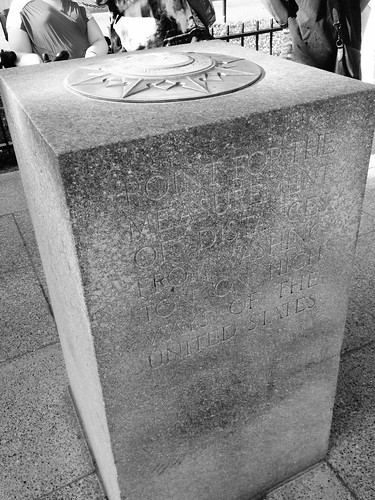
Photo by Bob Kirchman
In 1791 the Washington Zero Meridian was established by Andrew Ellicott (1754-1820) in laying out the streets and lots of the City of Washington in the District of Columbia according to the plan of Pierre L'Enfant. The Washington prime meridian (0° 0') is drawn through the site of the proposed Capitol, 77° 00' 33".533 west of Greenwich, England. An east-west line, also passing through the Capitol, was established at the same time.
In 1804, a new Washington meridian was established through the center of the White House that extends north on contemporary 16th Street (source of the names for Meridian Hill and Meridian House, headquarters of the Association of American Geographers). The intersection of this second Washington meridian and Ellicott's east-west baseline is delineated with a stone marker. Although the original marker is subsequently altered, the Jefferson Pier, as it comes to be known, continues to delineate the site today. It serves as a Federal Base Network point (the geodetic control point with the highest level of accuracy in the District of Columbia) and is located 371 feet west and 123 feet north of the center of the Washington Monument. The location of this second Washington meridian is also delineated by The Zero Milestone located between the White House and the Washington Monument, which is established in the 1920s to serve as the point from which highway distances from Washington, D.C. are measured. It provides a contemporary rendering of the Itinerary Column originally proposed by Pierre L'Enfant to measure distances from the capital city to other portions of the continent. The White House-centered meridian, along with a third one established in the 1840s at the Old Naval Observatory, serve as zero meridians for numerous American maps throughout the first half of the nineteenth century. Zero meridian lines are established for mapping purposes elsewhere in the United States-Boston, Philadelphia, New Orleans, and Charlestown, South Carolina among other locales. The United States Congress on September 28, 1850 officially adopted the Old Naval Observatory as the national meridian for astronomical purposes and well-known meridian at Greenwich, England for nautical purposes. (see International Prime Meridian Conference entry at 1884) [Joseph Hyde Pratt. American Prime Meridians. Geographical Review 32 (1942): 233-244; Matthew H. Edney. Cartographic Culture and Nationalism in the Early United States: Benjamin Vaughan and the Choice for a Prime Meridian. Journal of Historical Geography 4 (1994): 384-395.
Documented History (by the NGS)
The Chesapeake Bay Bridge Tunnel
Building a Modern Wonder
[Click to Read More]
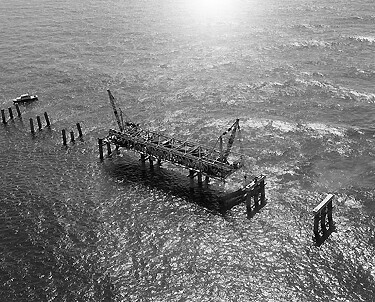
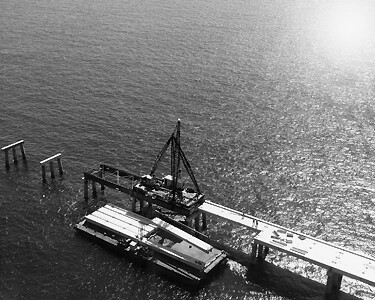
This unique engineering marvel employed some new and unusual construction techniques. (read more)
The San Francisco Bay Bridge
Earthquake-proofing the World's Busiest Bridge
Norway's Coastal Highway
A Floral Legacy II
The Springhill Hollyhocks
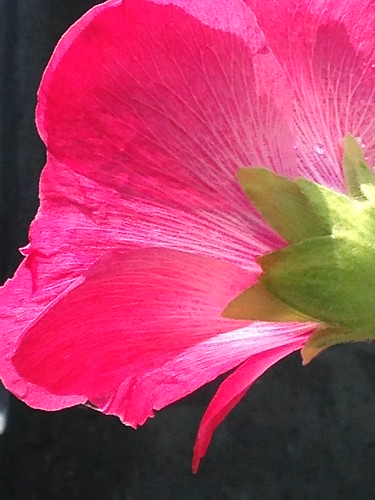
If we learn something, we change our own life. When we teach something, we change another’s life, but when we teach people to teach, we change the world.” --Jim Stovall, The Gift of a Legacy

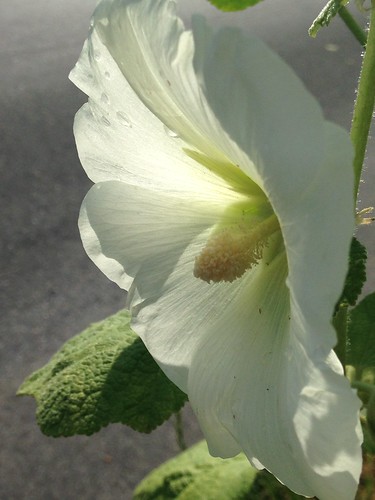


Photos by Bob Kirchman
The Springhill Hollyhocks [click to read] are a wonderful legacy that return every year to brighten a busy street corner.
Staunton Colour
Paintings Capture a European Flair
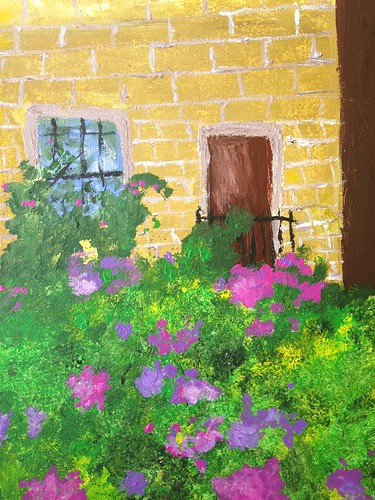
'Flowers at Ox Eye,' Painting by Savhanna Herndon
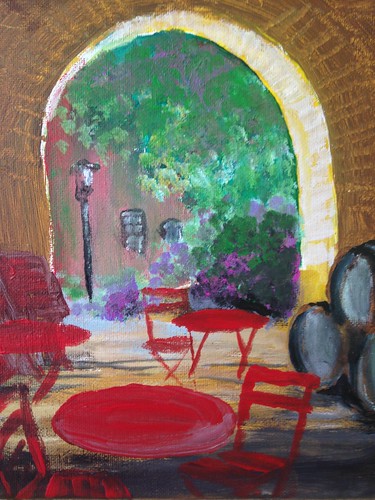
'Red Chairs,' Painting by Bob Kirchman
Staunton, Virginia is a small city with an unusually rich architectural heritage. Here painters Savhanna Herndon and Bob Kirchman capture the almost European flavor of the Ox Eye Vineyards Tasting Room. These are quick paintings that were done at a Plein Air event in the city.
The Church in Auvers sur Oise
View from the Chevet, Vincent van Gogh
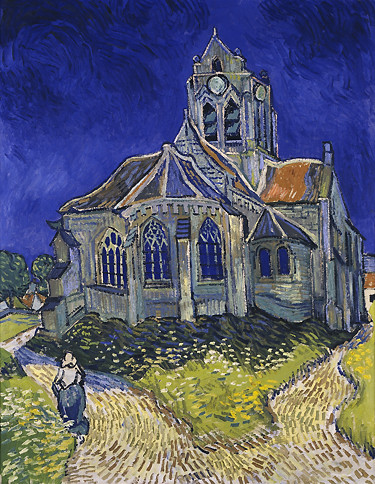
Vincent van Gogh
Next week, THYME will take a look at the life and work of this amazing painter. Be sure to look for 'The Van Gogh You Don't Know!'
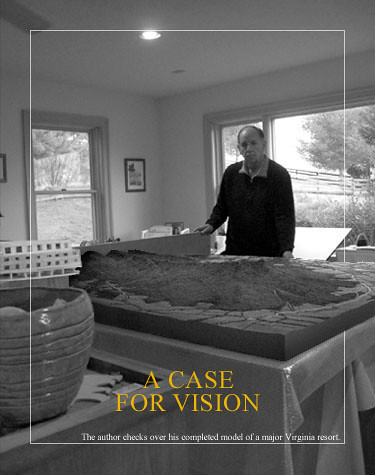
This 1" = 500' model is of a major ski resort.
A Case for Vision
© 2017 The Kirchman Studio.
What model best advances a society? What will propel us to new frontiers in creativity and to meet the needs of humankind most effectively? Again, history provides examples to learn from. We know intuitively that the American Revolution didn't happen in a vacuum. We know that John Locke's writings provided a model for Jefferson, but like any great work there is more to its creation than first meets the eye. If one takes a magnifying glass and looks closely, what might we learn? Before Bristol could revitalize itself, before the good of eliminating slavery could be accomplished that would necessitate Bristol's revitalization, there was profound societal change that would usher it in. In their book The Poverty of Nations [click to read] Wayne Grudem and Barry Asmus present the story behind the story, as it were. In 1688 England experienced its Glorious Revolution, where leaders of Parliament asked William of Orange to invade England and take the throne from James II. With an army of fifteen thousand Dutch soldiers, William overthrew James II who did not even resist his removal. The Glorious Revolution had the effect of limiting the king's power while vesting the power to govern in Parliament. Here we have a representative body assume real power and a firm check against absolute monarchy. The result was a greater pluralism in representation and what Daron Acemoglu and James A. Robinson hail as: "the world's first set of inclusive political institutions" in their book: Why Nations Fail. [1.]
William of Orange had been schooled in the thought of the Reformation. That Revolution, though many think of it as 'merely' spiritual, actually caused a paradigm shift in the culture as men and women were encouraged to pursue relationship with the Divine through each one's reading of the Scripture. The result was that personal literacy was encouraged, education flourished and everyone in the society was now able to work with new ideas. Jewish culture already encouraged such individual study and those cities in Europe who encouraged their Jewish communities rather than surpress them enjoyed the fruits of inventiveness and industry as well. Conversely, those who's cultures maintained the creative sector in the hands of a powerful few often surpressed this wonderful culture of creativity. The pograms of Czarist Russia and the Inquisition of Spain ultimately had the effect of squelching the healthy freedom of inquiry and exchange of ideas that propelled Post-reformation Northern Europe forward. Religious Freedom was a necessary byproduct of Reformation. It did come into being in at least limited form in some countries of Northern Europe. The desire for Religious Freedom spurred a number of diverse Faith communities to come to the new world. New England's Pilgrims and Maryland's Catholics sought it. The Anabaptists and the Presbyterians who crossed Virginia's Blue Ridge did as well. [2.]
The advancement of human freedoms seen in the Eighteenth Century might well be seen in the light of the quest for Religious Freedom. The First Amendment of our Constitution, if you read it in its entirety (not just, as some do, for the 'Establishment' clause), places Religious Freedom as a basic right and prohibits government from infringing upon it. It is a 'Negative Liberty' to be sure, but an essential one. The First Amendment also protects thought and speech from government 'oversight.' That is why the recent selective enforcement actions of the Internal Revenue Service are so unconstitutional. In surpressing Conservative and Religious speech they have become an agency of the government to trample on a hard-won expression of a basic human right! [3.]
Let thy work appear unto thy servants, and thy glory unto their children. And let the beauty of the Lord our G-d be upon us: and establish thou the work of our hands upon us; yea, the work of our hands establish thou it." -- Psalm 94:16, 17
In 1776, more than a hundred years after the Glorious Revolution, Adam Smith wrote in An Inquiry into the Nature and Causes of the Wealth of Nations: "That security, which the laws of Great Britian give to every man that he shall enjoy the fruits of his own labor, is alone sufficient to make any country flourish. The natural effort of every individual to better his own condition, when suffered to exert itself with freedom and security, is so powerful a principle, that it alone, and without any assistance, not only is capable of carrying on the society of wealth and prosperity but of surmounting a hundred impertinent obstructions with which the folly of human laws too often encumbers its operations; though the effect of these obstructions is always more or less either to encroach upon its freedom or to diminish its security. In Great Britain industry is perfectly secure; and though it is far from being perfectly free, it is as free or freer than in any other part of Europe." [4.] The Eighteenth Century saw the results of mankind loosed from the bonds of serfdom where he toiled under the oversight of a Lord for protection and also loosed from the constraints of the 'Divine Right of Kings,' also a supposed provider of protection. The grim reality was that such 'protection' included the obligation to fight in the king's wars, be they righteous or capricious. Meno Simonsz had resisted this policy and he and his followers endured much persecution for it. [5.]
The American Experiment owes much to the migration of persecuted Religious people to her shores. The Pilgrims landed in Massachusetts and proceeded to build their community. At first they held all things in the commons, no doubt seeing it necesary to be unified in carving out a new life in the frontier, but after a disasterous start this changed. William Bradford assigned each family their own plot of ground and since everyone 'owned' his productivity; productivity soared. The starvation and lackluster participation of some citizens in the common agriculture was changed as each man pushed his own farm to thrive. [6.] The new model, seen in the Jamestown colony as well, placed the armory in the commons but placed industry in private hands. Now a man had incentive to learn better methods, since he and his family would literally reap the benefits. This was not so much 'rugged individualism' as modern writers often surmise, but a cooperation of free individuals each pursuing their own industry, but coming together to protect themselves from common threats and coming together to bring in their bountiful harvests. Next to the armory, in the center of the commons, was the church. Faith was even more essential than dry powder for the security of the community.
When the Moravians setled in the Piedmont of North Carolina to peacefully farm, they built the town of Bethabara. At the center of Bethabara was the Gemeinhaus, where the Moravians met for worship. There was a bell that was rung several times a day to remind the faithful to pray. Bethabara was never attacked by Native Americans and in fact developed good relationships with the surrounding tribes. They later learned that hostile factions in those tribes had indeed organized a number of attacks on Bethabara in its earlier days. Sneaking up on the little community they had assumed they had been scouted out when they heard the ringing of the village bell and they rapidly reatreated! The Moravians, in fact, long enjoyed good relations with nations like the Cherokee, since single Moravians lived as a longhouse people, much as the Native Americans. There was, in fact, a large Moravian Cherokee settlement in the pre-removal era. Sadly, they were massacred in the buildup to the Cherokee Removal. The Moravians became for a time a major force in world evangelism, living the promise of the Gospel among people around the globe. [7.]
Acemoglu and Robinson note that some institutions produce great freedom and advancement while others do not. They seem to argue that institutions can be perfected but are at a loss as to how this actually happens. In the Nineteen-sixties nations around the world seemed poised to participate in the American Experiment. Colonialism was coming to an end. In African nations freed from colonialism. Beautiful African delegates in traditional robes met in gleaming new assembly halls as they proudly presided over an entire Continent emerging from Colonialism. The U. S. Constitution was frequently used as a model as these nations set a new course. National Geographic photos and articles from the period paint the picture of a bright future emerging. But as Uganda, once the 'Pearl of Africa' sank into horrible despotism; tribalism intermixed with 'anticolonial' Marxist politics resulting in the wholesale slaughter of millions; much of Africa descended into a new Post-Colonial period of darkness. Hutus and Tutsis warred in a costly conflict that destroyed their society. What happened? The models were good. But something was lacking in the foundation. Acemoglu and Robinson have no explaination as to why some institutions succeed and other, similar institutions fail. Asmus and Gruden present a compelling case that the whole model includes soundness in the culture, a soundness rooted in faith. (to be continued)

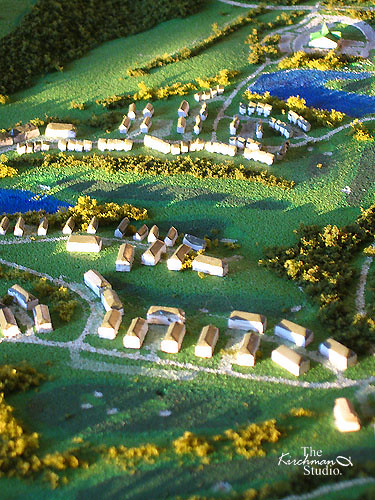
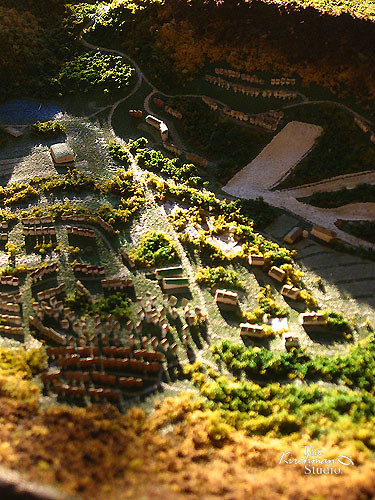
Scale model of Massanutten Resort by the Kirchman Studio.


